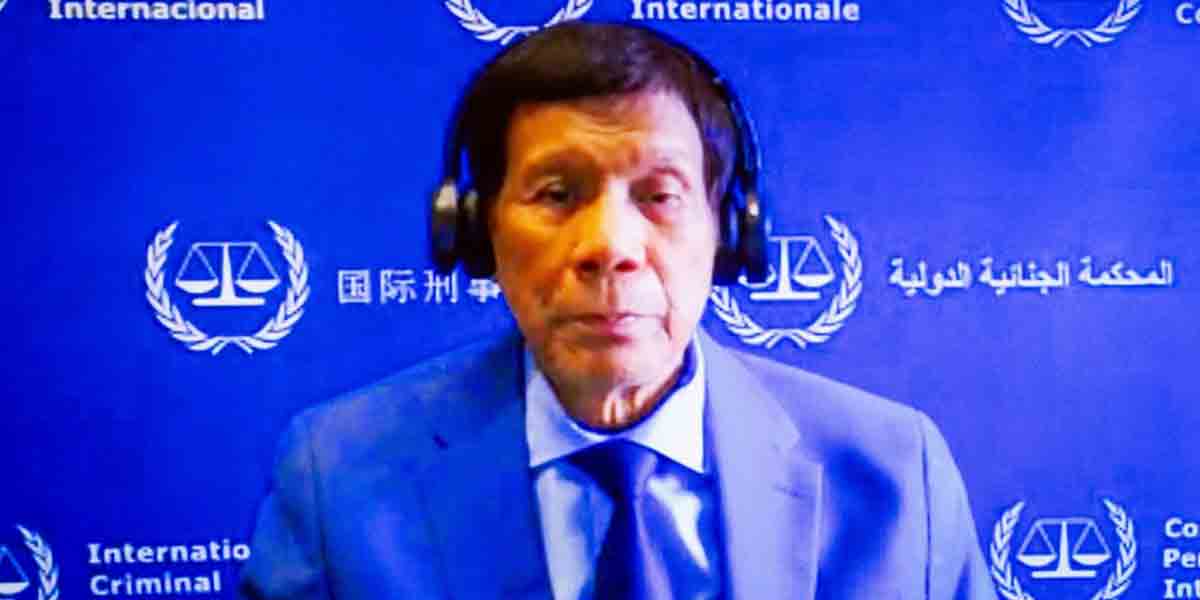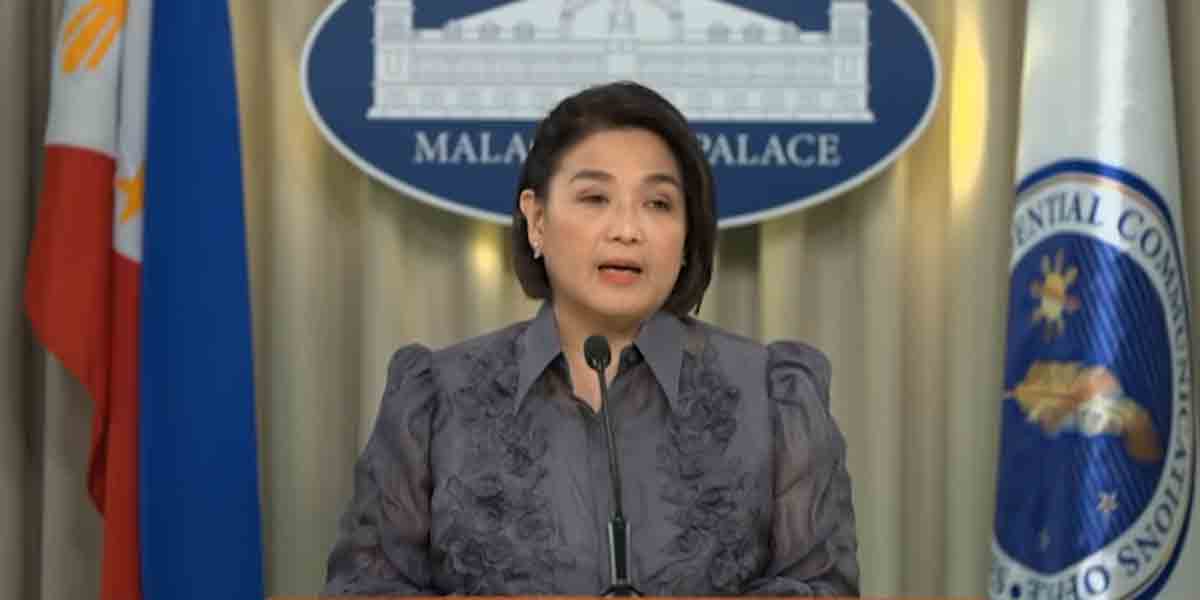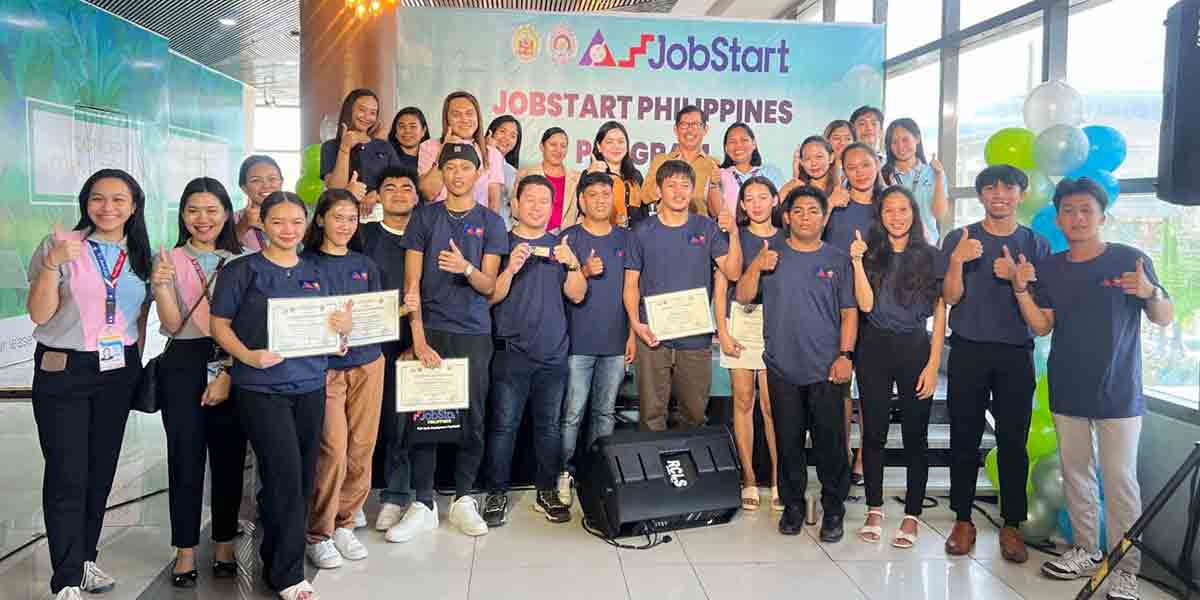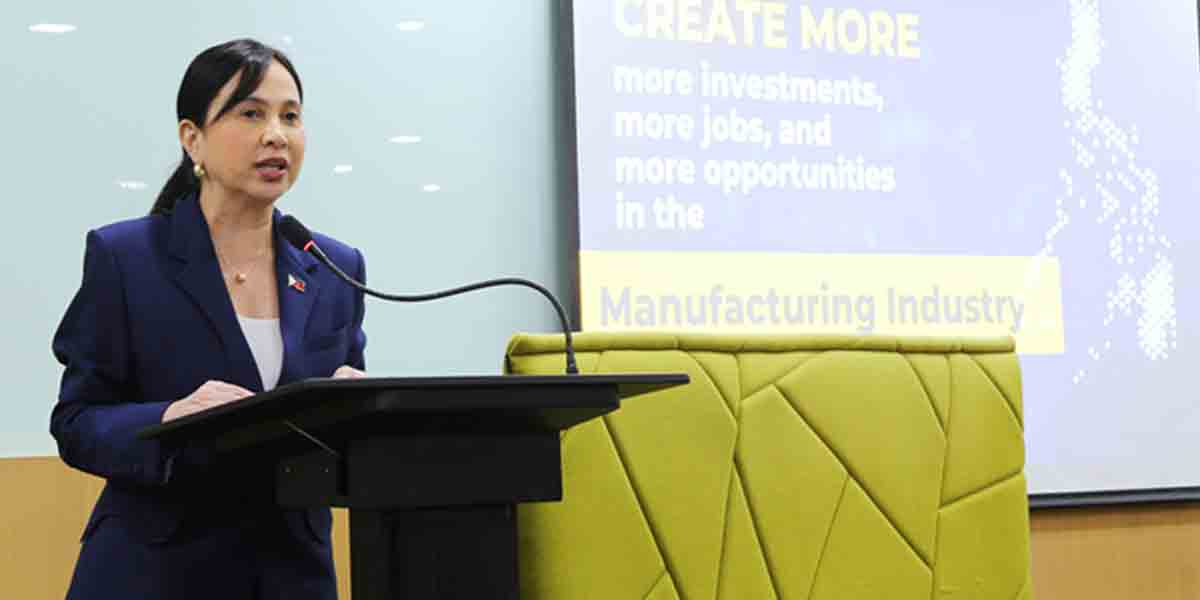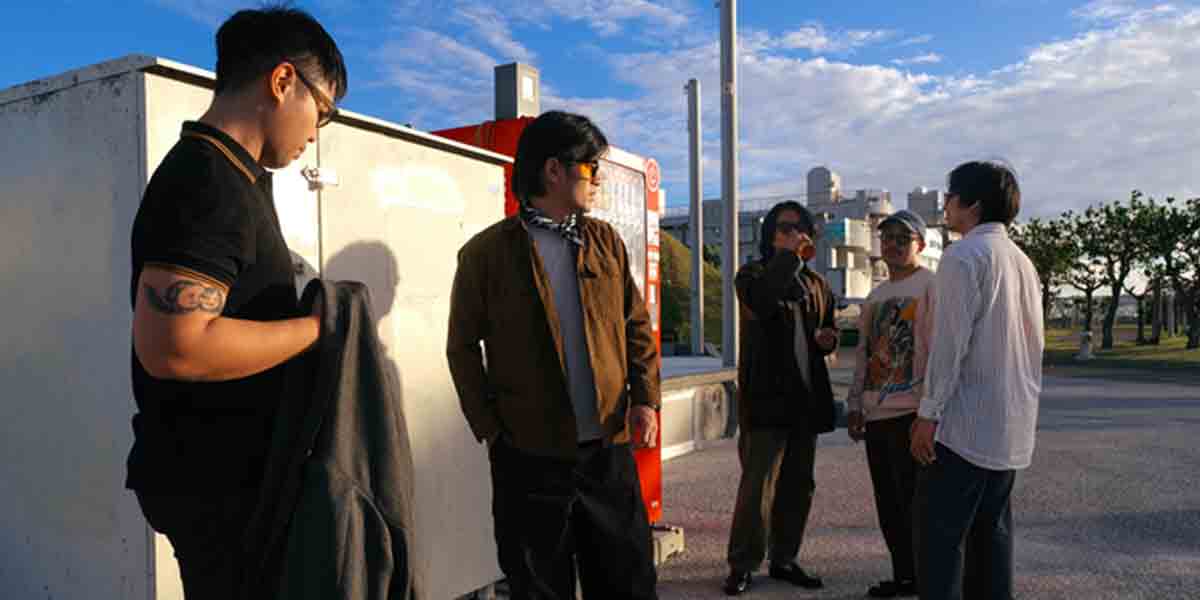By The Sunriser
Nothing says “democracy in action” quite like a father ensuring that his daughter is well-prepared to inherit the reins of power—by mentoring her every step of the way.
Iloilo City Mayor Jerry Treñas, a stalwart of public service with decades of experience, has pledged to be his daughter Raisa Treñas-Chu’s tutor should she clinch the mayoralty in 2025. It’s a touching display of paternal devotion, or as some might call it, dynastic democracy at its finest.
Critics might snicker at Raisa’s limited governance experience, but let’s be fair. She has served as an executive assistant, which is practically the same as running an entire city, right? Who needs the slow grind of public service when you have a father who’s willing to act as your governance GPS? With Jerry at her side, Raisa doesn’t need to know the map; she has the navigator.
Jerry, after all, knows the ropes. His political résumé spans nearly four decades, a legacy built on patience, persistence, and, let’s not forget, a fair share of familial feuds. From city councilor in the late ’80s to congressman and back to mayor, he has lived through the trials of public service. And now, he’s ready to ensure his daughter skips a few steps on the ladder—because who needs all those hard knocks when Dad can cushion the fall?
“I will always be there,” Treñas promises. Indeed, what better way to prepare a leader for the gritty realities of governance than by holding their hand? Critics may see nepotism, but Jerry sees nurturing. After all, democracy thrives when choices are limited to those in the family tree. It’s not about exclusion; it’s about preserving a lineage of public service—or at least, that’s one way to frame it.
But Jerry’s vision extends beyond Raisa. He also champions youth in governance, a noble cause indeed. Of course, by “youth,” he means young leaders with impeccable access to familial mentorship. It’s a system that guarantees continuity—because why gamble on fresh ideas when you can have more of the tried-and-tested Treñas touch?
As Jerry steps away from the limelight to focus on his grandchildren, one can’t help but admire the poetic symmetry. He is simultaneously retiring and not retiring, leaving office yet staying firmly in the picture. It’s like Iloilo is gaining a new mayor while keeping the old one as a backstage operator. Democracy, but with a safety net.
For those still clinging to the quaint notion that public office should be earned through merit and experience, perhaps it’s time to modernize your thinking. Governance is challenging, sure, but with a father’s watchful eye, who needs all that tedious training?
So, let’s raise a toast to Jerry Treñas, the ultimate tutor, and to Raisa, the reluctant student poised to lead Iloilo City under her father’s ever-protective wing.
Democracy, after all, isn’t always about choosing the best—it’s about keeping it all in the family.
***
AAMBIS-Owa: From Farmers to Fusions
The AAMBIS-Owa Party List, once a proud advocate for the Filipino farmer, appears to have taken a detour from its grassroots origins. Once synonymous with agriculture and the interests of rural communities, the party list has now found itself in the strangest of unions—merging with ANGKASangga, a party list with a less-than-clear connection to the farming sector.
This latest move comes amid a palpable decline in AAMBIS-Owa’s electoral performance. Once commanding a respectable 1.53% of votes cast in 2016, the party list has since dwindled to a mere 0.67% in 2022. It seems that even the farmers they once vowed to represent have moved on—or perhaps they’re just too busy tending to actual farms to notice the party’s political shenanigans.
At the heart of AAMBIS-Owa’s story lies Sharon Garin, the party’s former representative who has since traded her farming advocacy for a cushy seat at the Department of Energy. From championing rural livelihoods to powering up the nation, Sharon’s career shift speaks volumes about the party list’s evolving priorities—or lack thereof.
Meanwhile, whispers in political circles suggest that the late Oscar Garin, the party’s visionary founder, might not have imagined his creation merging with another group to stay afloat. AAMBIS-Owa, once rooted in representing Filipino farmers, now seems more interested in representing itself in Congress by whatever means necessary.
And then there’s Uswag Ilonggo, the rising star of Western Visayas politics, led by Rep. Jojo Ang. With its modern approach and fresh promises, Uswag Ilonggo has overshadowed the Garin legacy, leaving AAMBIS-Owa struggling to find its place. While Uswag Ilonggo rises in popularity, AAMBIS-Owa resorts to mergers, as if the problem all along was simply a branding issue.
The merger with ANGKASangga raises questions. How does this partnership help Filipino farmers? Will merging with another party list magically revive AAMBIS-Owa’s diminishing relevance? Or is this simply a last-ditch effort to scrape together enough votes to stay in Congress?
Perhaps this union will produce something revolutionary—a hybrid advocacy for farmers who also need better transportation? After all, who needs a tractor when you can ANGKAS your way to the rice fields?
In the end, AAMBIS-Owa’s story serves as a cautionary tale. When a party list forgets its roots, it risks becoming a political relic. Farmers deserve real representation, not a mishmash of opportunistic alliances.
As AAMBIS-Owa rides off into an uncertain future with ANGKASangga, one can only hope that someone, somewhere, is still advocating for the Filipino farmer—preferably without needing a merger to do it.

